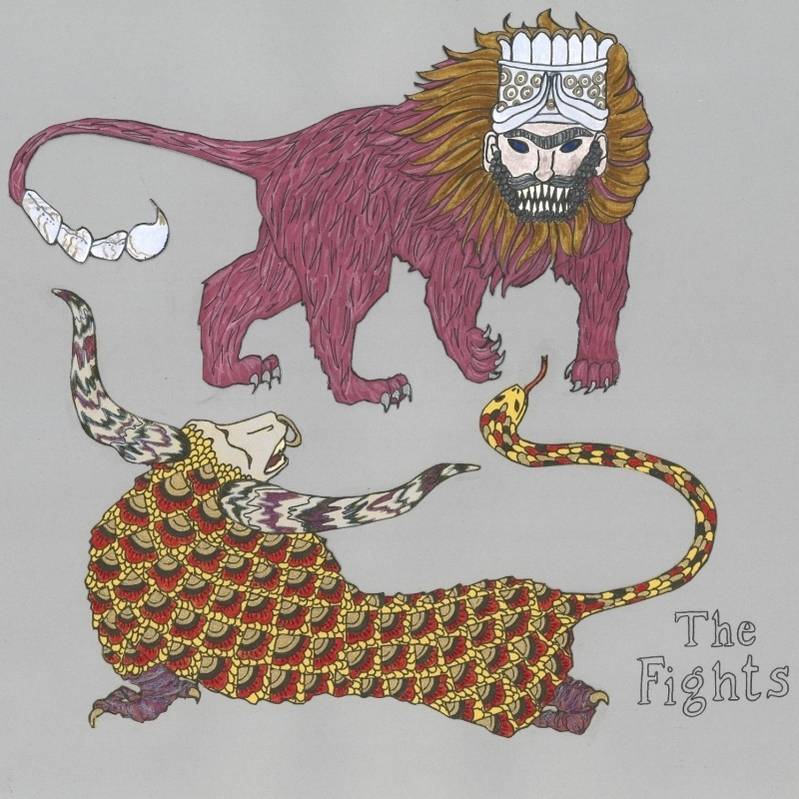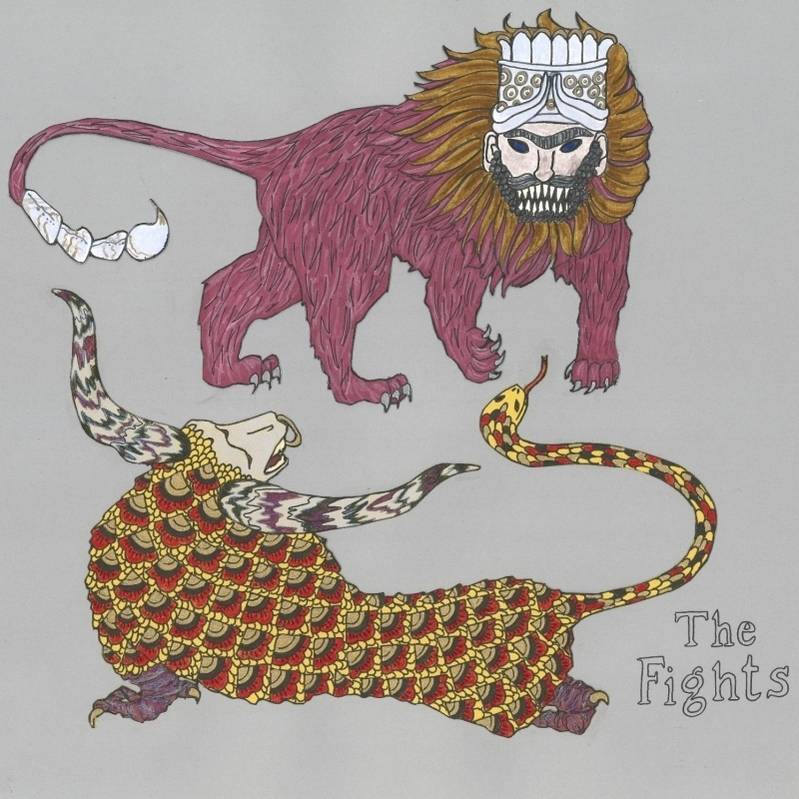
Though country music has always been a major force in the music industry, I’m always somewhat perplexed whenever I hear someone tell me of the genre’s popularity. In a bubble of pop music, several miles away from Nashville, why would I actively seek out a genre from which I’ve sampled its popular artists, only to conclude that the only remnants of The Carter Family include the use of a banjo in songs like Taylor Swift’s “Love Story”?
But, the depths of country extend far beyond Jason Aldean and Christmas songs narrating tragedies involving grandmothers and reindeer. Pop country often focuses on an image reliant on fancy cowboy hats, leather boots, and packing stadiums by relating to a nation of cowboys and cowgirls just looking for a good time. The other side of the genre, however, tightly holds onto its folk roots, emitting a refreshing air of rawness and intimacy. After listening through The Fights’ debut, self-titled EP and attending a handful of their live performances, I can say, without hesitation, that the local “supergroup” belongs to the latter category of country artists.
Perhaps the group’s mentality is best conveyed through the EP’s fifth and final track “Graffiti.” A first-person account of a man’s abandoned rock star dreams and subsequent life as a city worker who paints over graffiti, the song juxtaposes two lifestyles. While one pursuit hopes for fame merely from “three chords,” “a melody,” and recurring thoughts of a broken heart, the other ensures simplicity, purpose, and the knowledge that, although this man doesn’t recognize any passersby downtown, people love him and he loves them. And, that’s precisely what The Fights are all about, music that prioritizes simplicity, capturing real emotions, and building connections.
The Fights pour their souls into everything they do, from each perfectly layered harmony and the southern drawl of the vocals, to every rise and decay of the lap steel. While subject matter about lost love, regret, and uncertainty subtly loom over the surface of the EP, each song conveys a sense of hope — or maybe something much more powerful. Among all this longing, emphasized by a constant, steady, slow tempo, emanates warmth symbolizing the absolute knowledge of impending resolution, that everything will turn out alright.
With this EP, The Fights explore a genre often mistakenly judged as shallow and only appealing to a specific culture, and they reveal its remarkable depth and possibility. Ultimately, there’s no question that The Fights are an important part of Champaign-Urbana’s folk and roots scene, not only through their music, but through their bridging of the gaps between local folk and roots and C-U’s DIY and bar culture. As for the band’s future, I’m positive that a full-length can only bring great things.








